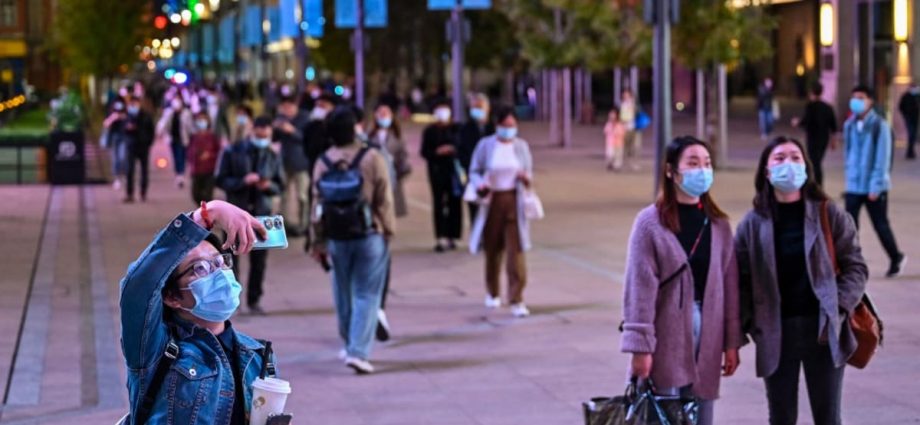
HOUSTON: The “lying flat” or “tang ping” movement is a phenomenon that emerged in China in 2021.
It describes the generations born in the late 1990s and 2000s who, disappointed by their lack of social mobility and economic stagnation, have decided to “not strive for their futures”. They do not want to follow the values of hard work, home ownership, marriage or living standards sought after by past generations.
Ever since the lying flat movement resonated with younger netizens, the Chinese government has sought to put the fire out by restoring the good old values of past generations. The question is why the movement has spread among Chinese youth despite 40 years of economic prosperity. The reality is that Chinese GDP growth has steadily declined since 2010.
GDP growth had already dropped from 10.6 per cent to 6 per cent before the COVID-19 pandemic. Now an economic downturn — due to worldwide inflation from the pandemic, the Ukraine war and economic sanctions — threatens to end the golden period of Chinese prosperity.
Increasing tensions between the United States and China, numerous lockdowns due to China’s zero-COVID policy, a looming property crisis and declining employment for unskilled workers have cast further doubts on the future of China.
POWERLESSNESS
Active Internet censorship and other measures restricting freedom of speech mean that tang ping is a silent revolution representing the powerlessness of young people who know they will never achieve the same living standards as their parents or grandparents.
Though it is just a silent revolution, the Chinese Communist Party (CCP) is cautious about its potential impact on society. State-owned media, such as Xinhua and other platforms, have been utilised by the CCP to condemn the movement.

